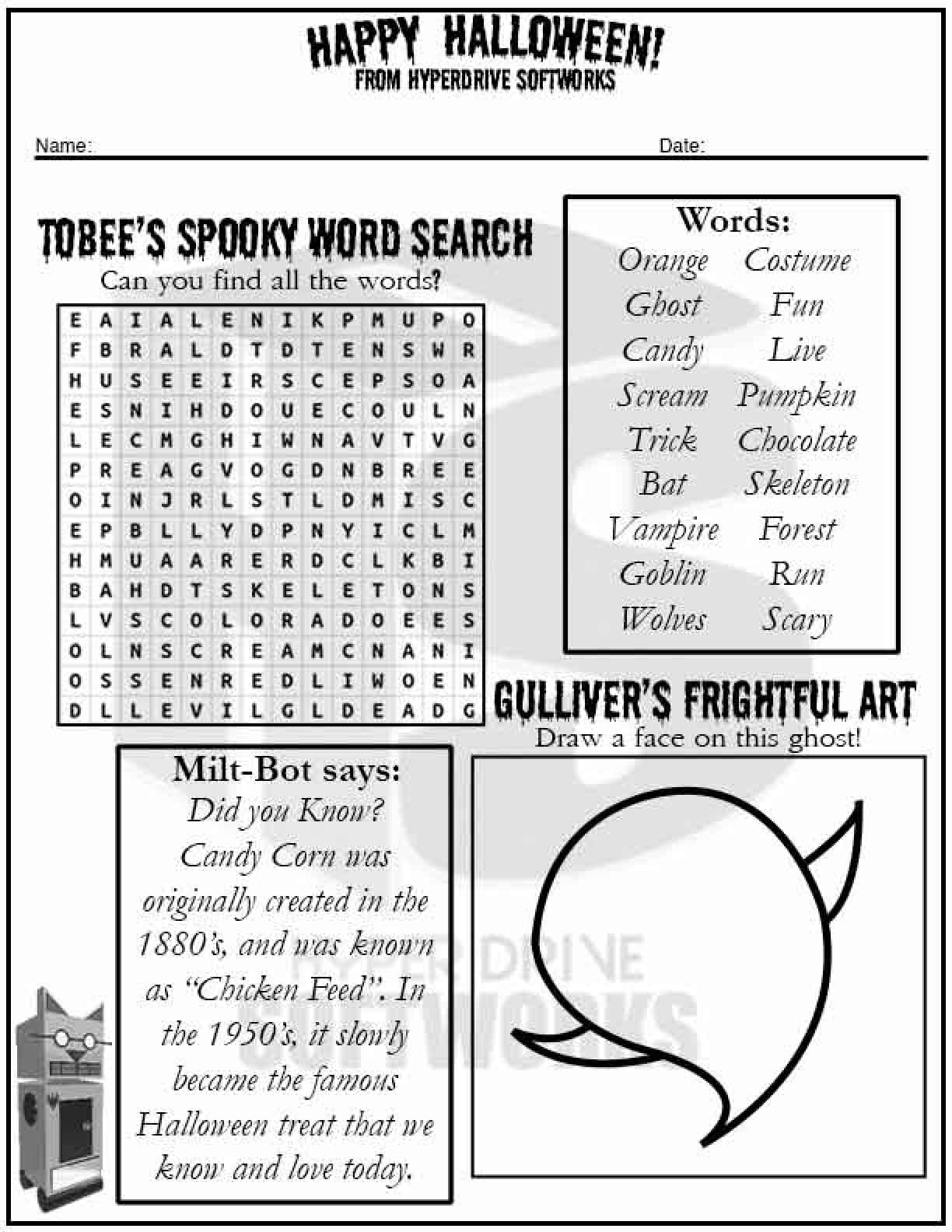Discover The Fun World Of Milton Math Games: Boost Your Child’s Learning Today!
Are you searching for an engaging way to make math enjoyable for your child? Milton math games are here to transform the way kids perceive numbers and equations. These innovative games combine fun with learning, ensuring that children not only grasp mathematical concepts but also enjoy the process. From interactive puzzles to problem-solving challenges, Milton math games cater to a wide range of age groups and skill levels, making them an ideal choice for parents and educators alike.
Mathematics often gets a bad reputation for being dry and difficult, but Milton math games flip this narrative on its head. By integrating colorful visuals, captivating storylines, and real-world applications, these games help students develop critical thinking and analytical skills. Whether your child is struggling with fractions or eager to master multiplication tables, Milton math games provide a structured yet playful approach to mastering math concepts.
What sets Milton math games apart is their adaptability and accessibility. Available in both digital and physical formats, these games can be used in classrooms, at home, or even during travel. They’re designed to cater to different learning styles, ensuring that every child can find a game that resonates with them. With Milton math games, learning math becomes an adventure rather than a chore.
Read also:Jessi Rae Exploring The Life And Legacy Of A Rising Star
Table of Contents
- What Are Milton Math Games?
- Why Are Milton Math Games So Effective?
- How to Choose the Right Milton Math Game for Your Child?
- Top Milton Math Games to Explore
- Can Milton Math Games Help with School Curriculum?
- How to Integrate Milton Math Games into Daily Learning?
- Are There Any Limitations to Milton Math Games?
- Frequently Asked Questions
What Are Milton Math Games?
Milton math games are educational tools designed to make learning math engaging and enjoyable. These games come in various formats, including board games, apps, and interactive activities, all tailored to teach mathematical concepts in a fun and relatable way. The games are often inspired by real-world scenarios, making it easier for children to connect abstract ideas with practical applications.
One of the standout features of Milton math games is their ability to cater to different learning styles. For visual learners, games with vibrant graphics and animations are available. Auditory learners can benefit from games that incorporate sound cues and storytelling. Meanwhile, kinesthetic learners can engage with hands-on activities and physical manipulatives. This versatility ensures that every child can find a game that suits their preferences.
Another advantage of Milton math games is their adaptability. Whether a child is just starting to learn basic arithmetic or tackling advanced algebra, there’s a game designed to match their skill level. This adaptability also extends to the environment in which the games are played. Parents can use them at home for homeschooling, teachers can incorporate them into classroom lessons, and even during travel, these games can keep children entertained while learning.
Why Are Milton Math Games So Effective?
Milton math games have gained popularity for their ability to make learning math enjoyable and effective. But what exactly makes them stand out? The answer lies in their unique blend of fun and functionality. These games are designed to capture children’s attention while simultaneously reinforcing essential math skills.
Engagement Through Play
One of the primary reasons Milton math games are so effective is their ability to engage children through play. Traditional math lessons often rely on rote memorization and repetitive drills, which can quickly become monotonous. In contrast, Milton math games turn these exercises into exciting challenges. For instance, a game might involve solving a series of math problems to unlock a treasure chest or advance to the next level. This gamified approach keeps children motivated and eager to learn.
Building Critical Thinking Skills
Beyond basic arithmetic, Milton math games also help children develop critical thinking and problem-solving skills. Many games require players to analyze patterns, strategize, and make decisions based on the information provided. These skills are not only valuable in math but also in other academic subjects and real-life situations. For example, a game that involves budgeting resources or planning routes can teach children how to think logically and make informed choices.
Read also:Who Is Joe Starkey Discover The Inspiring Journey Of A Remarkable Personality
Real-World Applications
Milton math games excel at demonstrating the real-world relevance of math. Many games incorporate scenarios such as shopping, cooking, or building, which help children understand how math applies to everyday life. This practical approach makes abstract concepts more relatable and easier to grasp. For instance, a game that involves calculating discounts during a shopping spree can teach children about percentages and money management.
How to Choose the Right Milton Math Game for Your Child?
With so many Milton math games available, choosing the right one can seem overwhelming. However, by considering a few key factors, you can find a game that perfectly suits your child’s needs and interests. Here’s a step-by-step guide to help you make the best choice.
Assess Your Child’s Skill Level
First and foremost, consider your child’s current math proficiency. Are they just starting to learn addition and subtraction, or are they ready to tackle more advanced topics like geometry or fractions? Milton math games are designed for various skill levels, so it’s important to choose a game that aligns with your child’s abilities. A game that’s too easy may bore them, while one that’s too difficult could lead to frustration.
Identify Their Learning Style
Every child learns differently, and Milton math games cater to a variety of learning styles. If your child is a visual learner, look for games with colorful graphics and animations. Auditory learners may enjoy games with sound effects and storytelling elements. For kinesthetic learners, hands-on activities and physical manipulatives can be particularly effective. Identifying your child’s learning style will help you select a game that resonates with them.
Consider Their Interests
Another important factor to consider is your child’s interests. If they love adventure stories, a game with a treasure-hunting theme might capture their attention. If they enjoy cooking, a game that involves measuring ingredients and calculating portions could be a hit. By aligning the game with their interests, you can ensure that they stay engaged and motivated to learn.
Top Milton Math Games to Explore
Now that you know how to choose the right Milton math game, let’s explore some of the top options available. These games have been praised for their educational value, engaging gameplay, and ability to make math fun for children of all ages.
1. Math Quest Adventure
Math Quest Adventure is a popular choice for children who love storytelling and exploration. In this game, players embark on a journey to solve math problems and unlock hidden treasures. The game covers a wide range of topics, including addition, subtraction, multiplication, and division, making it suitable for beginners and intermediate learners alike.
2. Fraction Frenzy
Fraction Frenzy is perfect for children who need extra practice with fractions. The game involves solving fraction-related problems to advance through levels. With colorful visuals and interactive challenges, Fraction Frenzy makes learning fractions fun and engaging.
3. Geometry Genius
For older children interested in geometry, Geometry Genius is an excellent choice. This game involves solving puzzles and challenges related to shapes, angles, and measurements. It’s a great way to reinforce classroom learning while keeping students entertained.
Can Milton Math Games Help with School Curriculum?
One of the most frequently asked questions about Milton math games is whether they can support a child’s school curriculum. The short answer is yes. These games are designed to complement traditional teaching methods and reinforce the concepts taught in school.
Alignment with Educational Standards
Milton math games are often aligned with educational standards such as Common Core or state-specific curricula. This ensures that the skills children learn through the games are directly applicable to what they’re studying in school. For example, a game that focuses on multiplication tables can help a child excel in their math class, where multiplication is a key topic.
Bridging Gaps in Understanding
In addition to reinforcing classroom learning, Milton math games can also help bridge gaps in understanding. If a child is struggling with a particular concept, such as fractions or geometry, these games provide an alternative way to grasp the material. The interactive nature of the games allows children to learn at their own pace and revisit challenging topics as needed.
How to Integrate Milton Math Games into Daily Learning?
Integrating Milton math games into your child’s daily learning routine can be a seamless process. Here are some tips to help you make the most of these educational tools.
Set Aside Dedicated Time
Designate a specific time each day or week for playing Milton math games. This could be after school, during homework time, or even on weekends. Consistency is key to ensuring that your child gets the most benefit from the games.
Combine with Traditional Methods
While Milton math games are highly effective, they shouldn’t replace traditional teaching methods entirely. Instead, use them as a supplement to classroom learning or homeschooling. For example, you could use the games to reinforce a concept taught in school or as a fun way to review material before a test.
Encourage Group Play
Many Milton math games are designed for multiplayer use, making them a great way to encourage collaboration and teamwork. Playing these games with siblings, friends, or classmates can enhance the learning experience and make it more enjoyable.
Are There Any Limitations to Milton Math Games?
While Milton math games offer numerous benefits, it’s important to be aware of their limitations. Understanding these limitations can help you use the games more effectively and avoid potential pitfalls.
Screen Time Concerns
Many Milton math games are available in digital formats, which means they require screen time. While these games are educational, excessive screen time can have negative effects on children’s health and development. To mitigate this, it’s important to balance screen-based games with physical activities and other forms of learning.
Not a Substitute for Instruction
Although Milton math games are excellent tools for reinforcing concepts, they shouldn’t be used as a substitute for direct instruction. Children still need guidance from teachers or parents to fully understand complex topics. Use the games as a supplement, not a replacement, for traditional teaching methods.
Frequently Asked Questions
1. Are Milton Math Games Suitable for All Ages?
Yes, Milton math games are designed for a wide range of age groups, from young children just learning basic arithmetic to older students tackling advanced topics like algebra and geometry.
2. How Can I Track My Child’s Progress?
Many Milton math games come with built-in progress tracking features. These allow parents and educators to monitor a child’s performance and identify areas where they may need additional support.
3. Can These Games Be Used in a Classroom Setting?
Absolutely! Milton math games are a great addition to classroom activities. They can be used for individual practice, group work, or even as part of a lesson plan to reinforce key concepts. Learn more about educational math games here.
Conclusion
Milton math games are a fantastic way to make learning math enjoyable and effective. By combining fun with education, these games help children develop essential skills while fostering a love for mathematics. Whether you’re a parent looking to support your child’s learning or an educator seeking innovative teaching tools, Milton math games offer a versatile and engaging solution. So why wait? Dive into the world of Milton math games today and watch your child’s math skills soar!
Who Is Supa Head Jr? Discover The Journey Of An Emerging Icon
Jack Laugher: The Remarkable Journey Of A Diving Legend
Dakaichi Season 2: Release Date, Characters, And What To Expect

Happy Halloween! Milton Math Games

Gulliver's Art Studio Milton Math Games